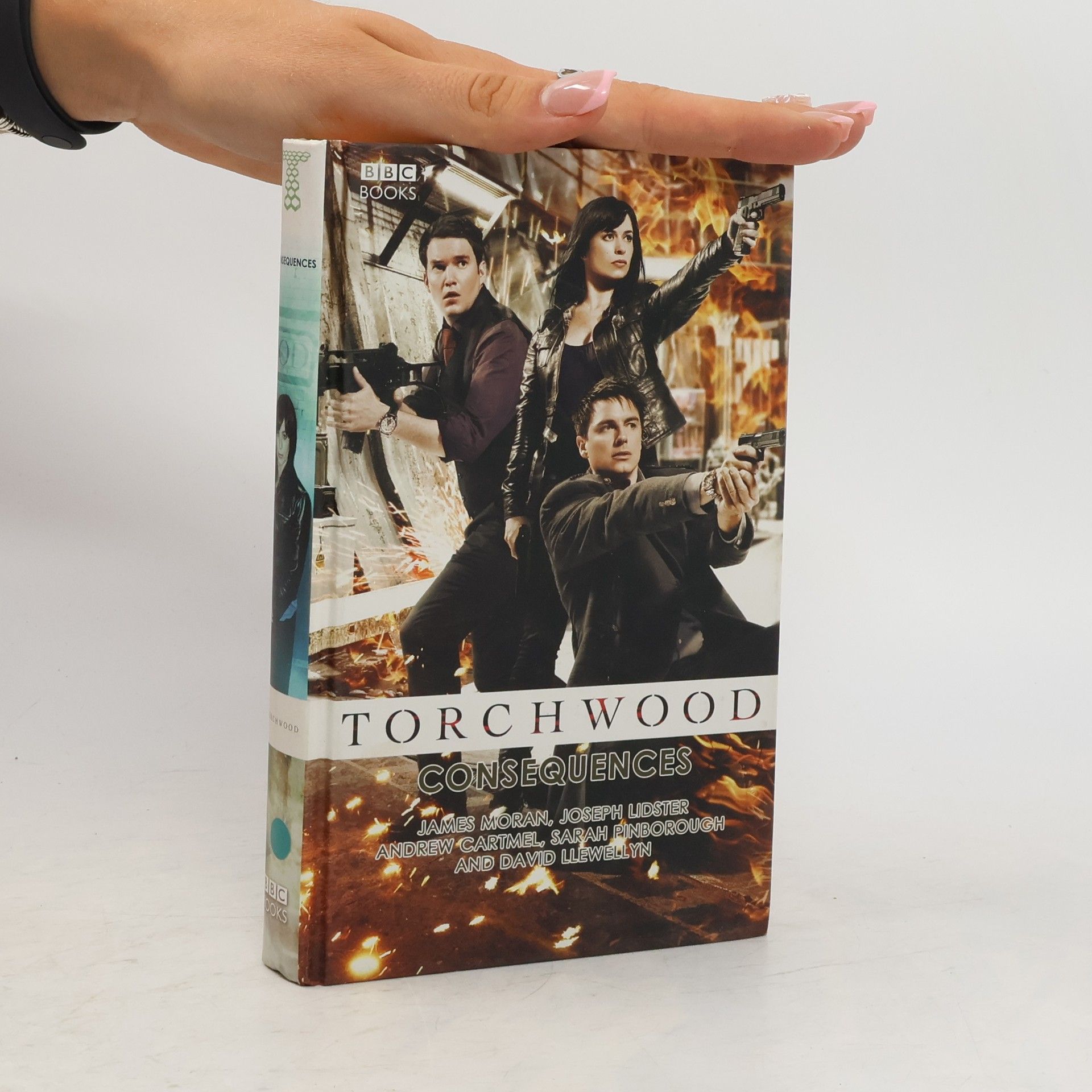The Theatre of Fake News
- 250pages
- 9 heures de lecture
This book examines the topic of 'fake news' through the lens of theatre and drama, looking at the way in which issues of audience, authorship, and accuracy are intertwined.






This book examines the topic of 'fake news' through the lens of theatre and drama, looking at the way in which issues of audience, authorship, and accuracy are intertwined.
"My masters will follow the example of Rome... our mighty empire bestraddling the whole of civilization!" It is AD 79, and the TARDIS lands in Pompeii on the eve of the town's destruction. Mount Vesuvius is ready to erupt and bury its surroundings in molten lava, just as history dictates. Or is it? The Doctor and Donna find that Pompeii is home to impossible things: circuits made of stone, soothsayers who read minds and fiery giants made of burning rock. From a lair deep in the volcano, these creatures plot the end of humanity - and the Doctor soon finds he has no way to win...
This book examines the role of civil law in determining mental capacity over a five hundred year period in England and in New Jersey. -- .
Consequences
Saving the planet, watching over the Rift, preparing the human race for the twenty-first century... Torchwood has been keeping Cardiff safe since the late 1800s. Small teams of heroes, working 24/7, encountering and containing the alien, the bizarre and the inexplicable.But Torchwood do not always see the effects of their actions. What links the Rules and Regulations for replacing a Torchwood leader to the destruction of a supermarket? How does a witness to an alien's reprisals against Torchwood become caught up in a night of terror in a university library? And why should Gwen and Ianto's actions at a local publisher's affect Torchwood more than a century earlier?For Torchwood, the past will always catch up with them. And sometimes the future will catch up with the past...Featuring sci-fi stories by writers for the hit Torchwood series created by Russell T Davies for BBC Television, including James Moran and Joseph Lidster, plus Andrew Cartmel, Sarah Pinborough and David Llewellyn.
This study examines the intersection of modernism and theatre through the works and philosophies of six key modernist writers. Utilizing a wealth of archival material and fresh interpretations of overlooked documents, it reveals how these literary figures engaged with theatre through playwriting, philosophical debates, and performances. Chapters explore W.B. Yeats's early playwriting, Ezra Pound's acting, the dramatic sensibilities of James Joyce and D.H. Lawrence, T.S. Eliot's reflections on Dublin theatre, and Virginia Woolf's feminist theatrical experiments. Despite their critical views on drama, these writers were paradoxically drawn to large-scale theatrical productions. The book highlights how 'restricted production' provided a means for modernists to share their work with like-minded individuals, showcasing previously unknown events that allowed them to assert cultural value. It also delves into their interactions with popular drama and forgotten performances in which they participated. Moran reveals that the playhouse served as a crucial space for high-modernists to navigate a tension that deeply influenced their broader literary endeavors.
What distinguishes modern tragedy from other forms of drama, and how does it connect to contemporary political and social conditions? This book addresses these questions, beginning with an exploration of John Millington Synge's Riders to the Sea (1904) and its expression of environmental awareness through tragic drama, motivated by our current ecocidal crisis. The second chapter analyzes Brecht's adaptation of Synge's work in his 1937 play Señora Carrar's Rifles, highlighting Brecht's critique of traditional tragedies that emotionally engage audiences but fail to promote political understanding. It discusses how Brecht's views on tragedy were shaped by Hegel and Marx, contrasting them with Samuel Beckett's Schopenhauerian perspective. The third chapter focuses on theatre makers who apply Synge's tragic narrative to postcolonial contexts, examining Derek Walcott's The Sea at Dauphin (1954) and J.P. Clark's The Goat (1961). This section reconsiders tragedy, often seen as reinforcing hegemonic assumptions, and explores how its elements resonate with the experiences and concerns of non-white authors and audiences.